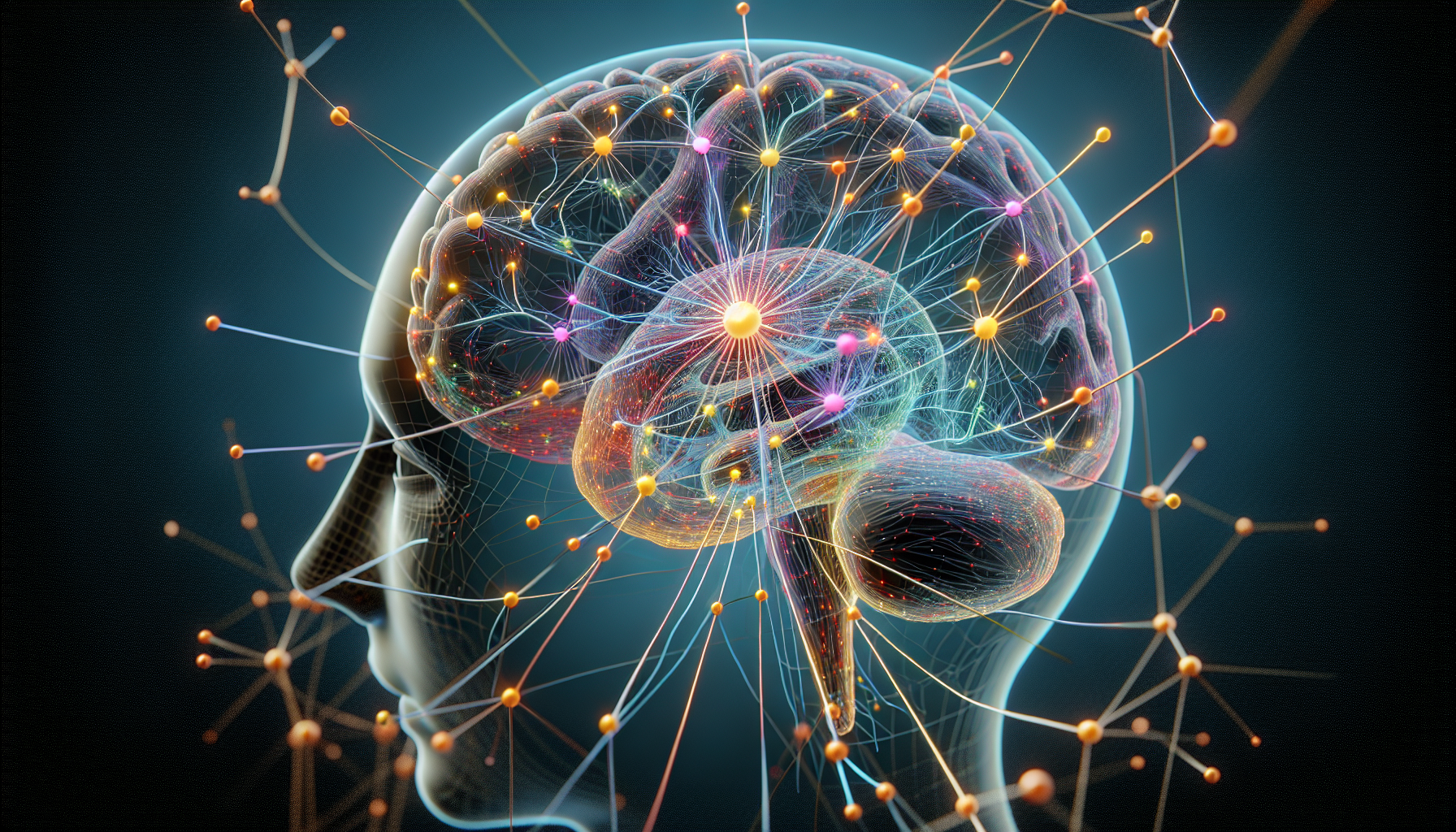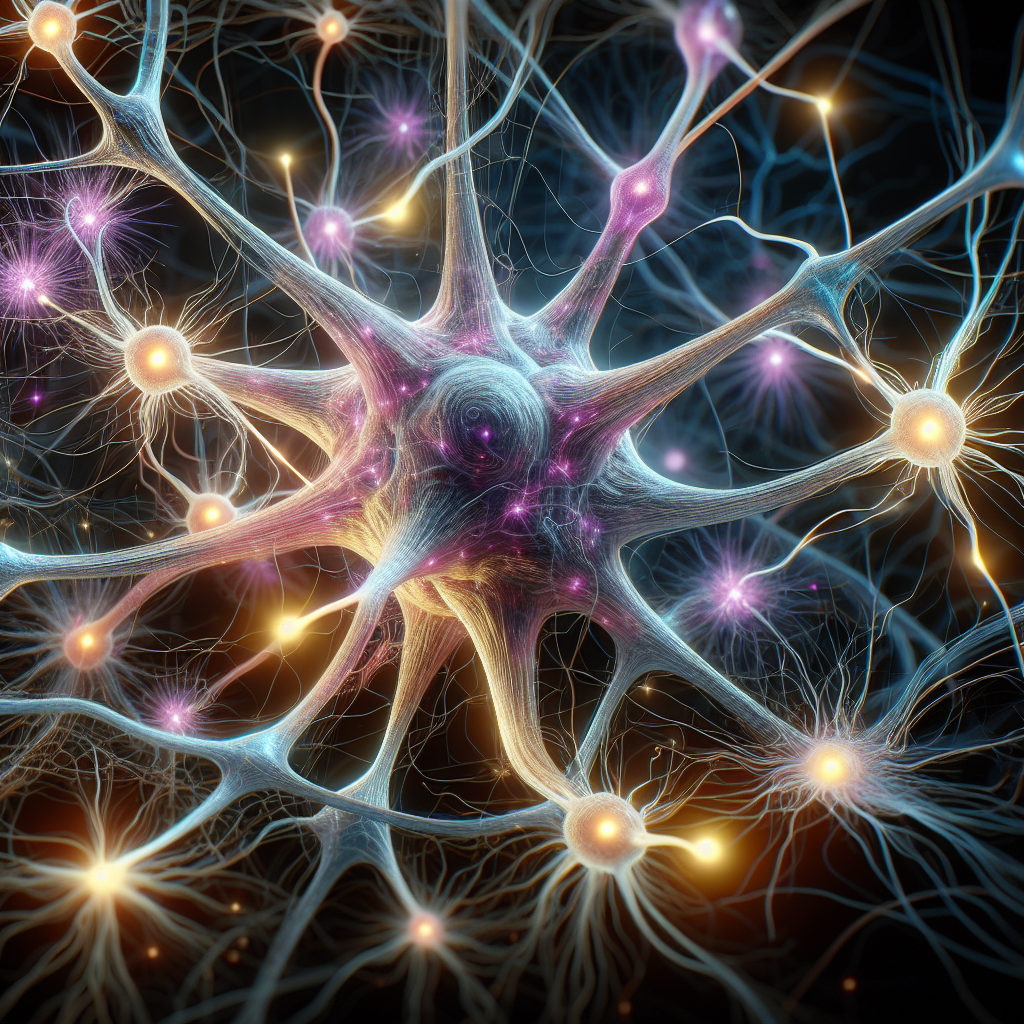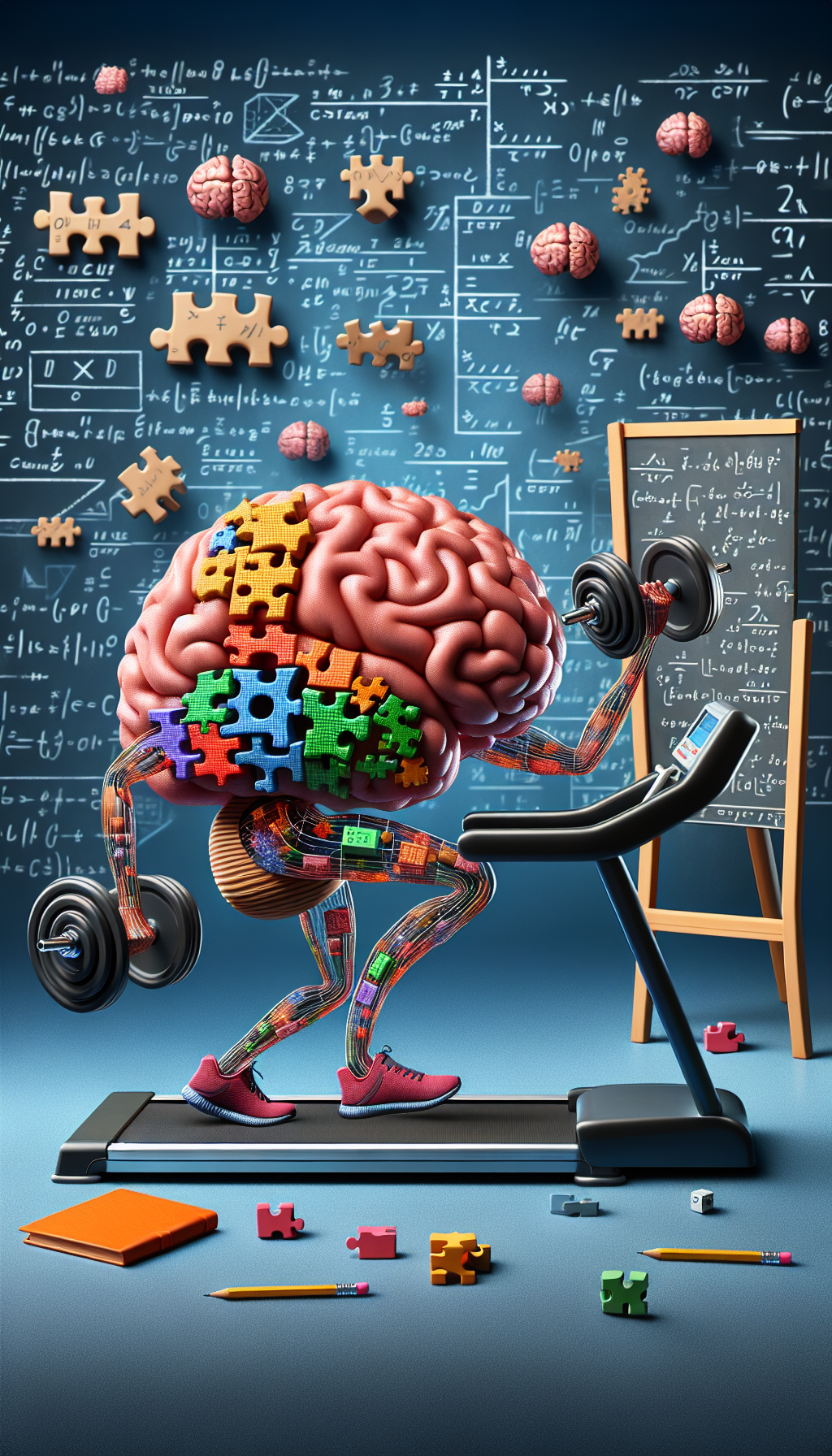In an era where mental acuity is as prized as physical health, understanding and enhancing neural connectivity is not just a scientific pursuit—it’s a necessity for maintaining cognitive vitality throughout one’s life. Neural connectivity refers to the intricate network of synapses between neurons in the brain, a web that enables thought, learning, memory, and a plethora of other cognitive functions. Through this article, we’ll explore the rich tapestry of strategies that can bolster neural connections, drawing from cutting-edge research and time-honored practices alike.
The Bedrock of Brain Health
Before delving into enhancement strategies, it’s important to acknowledge the foundation of brain health. A brain with robust neural connections is more resilient and capable of efficient function. This is intrinsically linked to overall brain health, which encompasses a balanced diet, regular physical activity, mental exercises, and proper healthcare.
Nutrition: The Fuel for Thought
Just as a car requires quality fuel to run smoothly, the brain needs nutrient-rich foods to maintain optimal function. Several studies have highlighted the role of antioxidants, vitamins, and minerals in supporting brain health. Foods rich in omega-3 fatty acids, such as salmon and flaxseeds, are known to enhance the structural integrity of neuronal membranes. Antioxidant-rich berries and leafy greens protect the brain from oxidative stress, which can damage cells and impede connectivity.
A deeper dive into the role of diet can be found in the article on The Role of Antioxidant-Rich Foods in Brain Aging Prevention, offering valuable insights into how certain foods can act as a bulwark against cognitive decline.
Bilingualism: A Cognitive Supercharger
Learning new languages does more than just enable communication across cultures; it can significantly enhance cognitive function. Bilingual individuals often show greater neural connectivity in areas of the brain associated with language processing and executive function. The cognitive benefits of bilingualism are not limited to language abilities but also include improved attention and task-switching capacities.
For a comprehensive understanding of this topic, refer to Evaluating the Cognitive Benefits of Bilingualism, which provides an in-depth analysis of how linguistic proficiency can bolster neural pathways.
Physical Exercise: Moving Towards Mental Clarity
Physical activity is a potent stimulant for neural growth. Aerobic exercises, like running and swimming, increase the flow of blood and oxygen to the brain, nourishing neurons and fostering the creation of new synaptic connections. Strength training, too, plays a role, with research indicating its potential to improve cognitive function through neuroplasticity.
The nuances of exercise’s impact on the brain are further explored in the article titled How Physical Exercise Promotes Mental Clarity and Focus, which discusses the specific mental benefits derived from different types of physical activity.
Brain Training Games: Fun with Benefits
Cognitive exercises, such as brain training games, have gained popularity as tools for enhancing mental agility. These games are designed to challenge the mind, improve memory, and sharpen problem-solving skills. By regularly engaging in such mental workouts, individuals can effectively strengthen neural pathways and even forge new ones.
To gain further insight, the article on The Benefits of Brain Training Games for Cognitive Enhancement offers an engaging look at how these games can be integrated into a daily routine for maximum cognitive benefit.
Mindfulness and Meditation: The Calm Within
The practice of mindfulness and meditation has been shown to positively affect the brain’s structure and function. Regular meditation can lead to increased connectivity in regions of the brain associated with attention and sensory processing. Moreover, it’s been linked to a reduction in age-related cognitive decline, making it an invaluable tool for maintaining neural health over time.
For those interested in incorporating mindfulness into their lives, Improving Memory Retention Through Mindful Meditation is an excellent resource, detailing the ways in which meditation can be used to bolster memory and cognitive resilience.
External Resources for Further Exploration
While the strategies discussed provide a solid foundation for enhancing neural connectivity, further exploration into specialized resources can offer additional depth and breadth of knowledge:
- A scholarly review on the effects of Meditation on Neural Structure (Journal of Cognitive Enhancement).
- An investigation into the Impact of Bilingualism on Cognitive Development (Cognition Journal).
- A research article examining the Neuroprotective Effects of Physical Exercise (Neurobiology of Aging Journal).
By integrating these strategies into daily life and consulting with healthcare professionals, individuals can take proactive steps toward enhancing their neural connectivity and, by extension, their overall quality of life. Remember, the journey to peak cognitive function is ongoing, and with the right tools and knowledge, it’s a path that can lead to a sharper, more vibrant mind.



